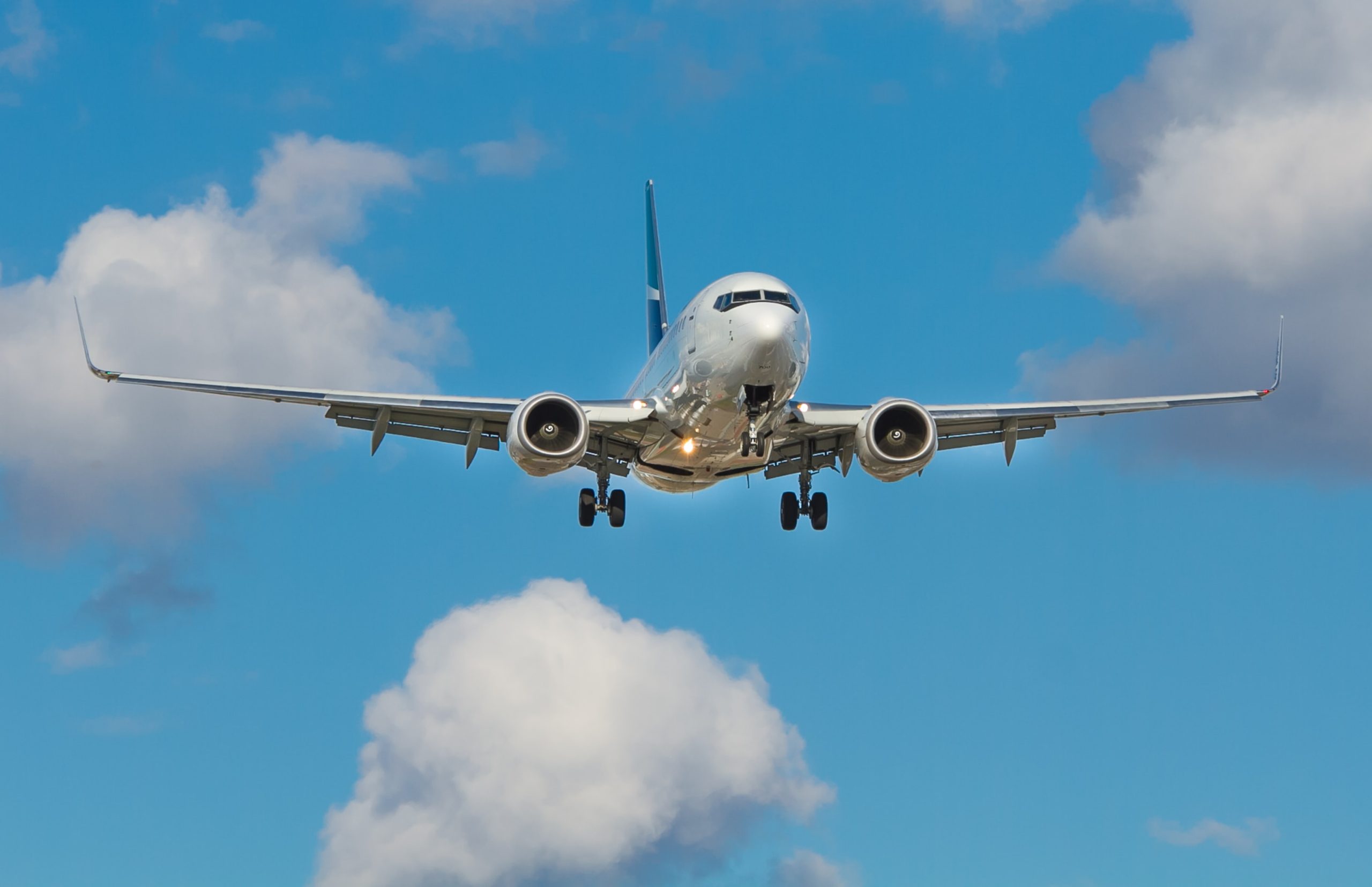Air travel is a powerful economic growth and development catalyst, facilitating integration into the global economy and providing critical connectivity on a national, regional, and international scale, supporting 7.7 million jobs and $63 billion in African economic activity. According to Aviation Benefits Beyond Borders, this represented 2.2% of total employment and 2.7% of total GDP in African countries in 2018.
Although all regions have seen a significant drop in passengers as a result of border closures and travel restrictions caused by the COVID-19 pandemic, African airlines have long been chastised for charging more to fly within the region than outside the continent. Air travel within Africa is more expensive than traveling out of Africa due to high taxes, fees, and charges levied on airlines and passengers. The COVID tests requirements for passengers at the point of entry and exit, which result in double testing and higher travel costs, have now exacerbated the situation. For instance, visitors to Kenya, pay $80 for a single PCR test, the most expensive in the Eastern African region, with Uganda charging $60 and Rwanda charging $50.
Africa faces the unique challenge of limited intra-connectivity, and with poor road and rail infrastructure, air travel has remained prohibitively expensive as an alternative. According to the UNCTAD Economic Development in Africa Report 2019, intra-African trade (defined as the average of intra-African exports and imports) was around 2% during the period 2015–2017, while comparative figures for America (47%), Asia (61%), Europe (67%), and Oceania (7%).
Air transport in Africa will be critical in the implementation of the African Continental Free Trade Area (AfCTA); to promote the free movement of people under the protocol on the free movement of persons in Africa. This will also be in line with the AfCFTA’s overall goal of integrating the African continent, as well as in the achievement of the Single African Air Transport Market (SAATM), a flagship project of the African Union Agenda 2063.
SAATM is an initiative of the African Union (AU) set to create a single unified air transport market in Africa, the liberalization of civil aviation in Africa, and as an impetus to the Continent’s economic integration agenda. So far, 34 countries accounting for 75% of Africa’s passenger traffic have signed up to the SAATM. Of these, 10 countries are ready to implement the SAATM agreement fully. Upon full implementation, SAATM will make it easier and quicker for Africans to travel to other countries, visa-free or with the possibility of obtaining a visa on arrival; a development that will contribute immensely to regional connectivity on the continent.
Visa liberalization is a critical step toward a more integrated Africa. More and more African countries are opening their borders to others. In 2010, The Gambia joined Seychelles and Benin in the group of visa-free countries. In 2021, Africans could obtain a visa on arrival in 24% of African countries, down from 28% in 2020, with 51% of African countries requiring Africans to obtain a visa before they arrive, up from 46% in 2020.
According to the Africa Airlines Association’s (AFRAA) 2020 report, African airlines carried more domestic traffic internationally in 2020, accounting for roughly 43% of overall traffic, with intercontinental travel accounting for 33% and intra-Africa travel accounting for only 19%. At the continental level, Europe is the most popular foreign destination for African airlines, accounting for 21% of all African travel, outpacing intra-African traffic (19%).
Among the 54 countries in the African continent, 13 have direct flights to more than 20 African countries. Ethiopia and Kenya lead with 30 direct flights and more to other countries within Africa. However, the intra African connectivity remains poor.
In light of the above context, Africa airlines should take the opportunity to develop their Intra African Network, especially in this period where the EU has limited travel to Europe. African governments must be at the forefront and reduce the many taxes and charges on passengers and airlines; and abolish visa requirement to boost the travel and movement of persons within the region. With the pandemic still lingering on, African nations should have one system to track and monitor the test status of the passenger as they move within the continent or reduce the cost of doing the tests so as to ease the cost burden for passengers.
Author: Victor Otieno


